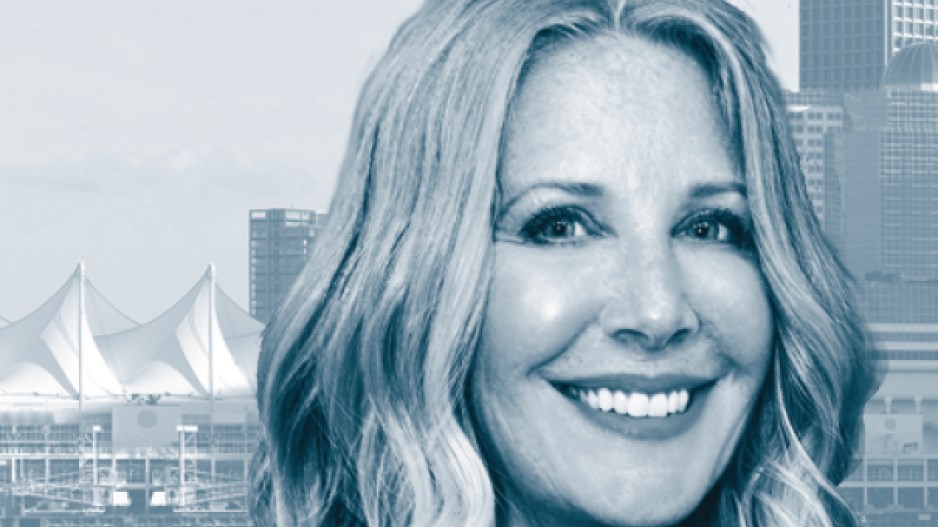Local politics matter, more than you might think.
On Oct. 15, British Columbians will elect the municipal governments that will be responsible for making critical decisions over the next four years. From paving roads to issuing business licences, local governments play a role in virtually every facet of our daily lives. Despite that, voter turnout in municipal elections is typically much lower than provincial and federal elections.
In Vancouver, only 39 per cent of voters cast a ballot in the 2018 municipal election, electing a minority council for the first time in recent memory. There are six groups now on city council, which has resulted in hours and hours of discussion, motions and debate. While some would argue that this democratic process has served the city well, many others would say the makeup of the current council has led to challenges in getting policies approved and moving initiatives forward.
A CBC study revealed that over the last four years, Vancouver city councillors tabled 313 separate motions of substance, an all-time record for any Vancouver council and a 73 per cent increase from the previous council that served from 2014-18. These motions resulted in significant delays, often putting off important decisions for weeks, or even months.
There is a strong consensus among elected officials, members of the public and the business community when it comes to the most significant issues impacting our region, but city hall has struggled to affect meaningful change on those issues. A council that busies itself with every item as a priority can often lose sight of our city’s actual priorities. At a minimum, we lose certainty – something businesses and residents alike crave.
The Greater Vancouver Board of Trade represents more than 5,000 members across a broad range of industries and sectors. In a recent survey, respondents identified red tape, housing and public safety as the top issues for businesses. The survey found that more than two-thirds of respondents (68 per cent) believe it has become harder to do business in the region in the last five years, with nearly the same number (67 per cent) indicating that the possibility of businesses closing due to rising costs is a “major concern.”
These survey results should be a wake-up call for all candidates. As any business owner knows, permitting and licensing delays, along with red tape, add costs to goods and services; costs they often have no choice but to pass along to clients and consumers. This initiates a vicious cycle as rising prices exacerbate challenges around affordability and competitiveness.
Businesses are still recovering from the economic challenges of the pandemic, and now they are facing skyrocketing inflation, rising costs and acute labour shortages. The business community is looking to their local governments to ease the costs of doing business and reduce red tape so they can create jobs and help grow the economy. In a globally competitive market, local government plays a key role in helping businesses succeed, and that’s especially true for small- and medium-sized businesses.
The past months have seen an alarming rise in random stranger attacks and damage to storefronts in Vancouver. While the problem and solutions are complex, there is an overwhelming amount of support from all quarters to work together to end the violence and vandalism that have left many afraid to walk downtown. Local governments have a significant role to play, and time is of the essence. Lives depend on it.
Whether it’s the cost of doing business, public safety or one of the other issues impacting the community, council cohesion is crucial for effective decision-making. We need elected officials who will reach across partisan lines and find solutions to the issues affecting residents and business owners in Vancouver. Discussion and debate are critical components of a functioning democracy, but voters elect governments to make decisions.
We simply cannot afford to let perfect be the enemy of good.
As we prepare to elect new municipal governments, it is vital to remember the role local government plays for individuals and businesses every day, and the importance of productive and efficient city councils. Voting is a democratic right and only through participation in the voting process will we make our voices heard and elect local governments that work for both individuals and businesses. •
Bridgitte Anderson is president and CEO of the Greater Vancouver Board of Trade.




